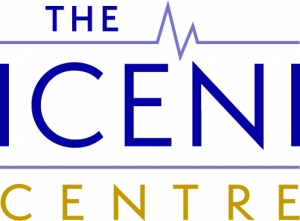The surveillance of complete responders is involved and costly and is the biggest barrier to centres offering it routinely to patients as a treatment option. Does Gina have any advice on approaching this issue? Should it remain ‘experimental’ and only offered if part of a carefully monitored programme, or can the individual clinician try to just look after a complete response patient with the standard service and system around them? Thanks
This topic generates much discussion in our MDT and your thoughts / comments would be welcomed. What is the role of adjuvant chemotherapy in (fit) patients with high risk rectal cancer who have undergone neo-adjuvant long-course chemo-radiotherapy followed by surgery and the pathological stage is now favourable and does not meet criteria for consideration of adjuvant chemotherapy (however there remains concerns regarding adverse initial radiological stage [ie T4N1/2V1])? Many thanks.
Question to Mr Wynn, I know post resection MR rectum won’t be as good as Pre resection MR, but could the clips be removed with a biopsy forceps after few days, before the Pt had MR rectum? Just a thought. Many thanks
Is there still a role for ERUS in rectal large polyps? Or should we just move definitively towards assessment-staging MRI even for large polyps in the rectum?

